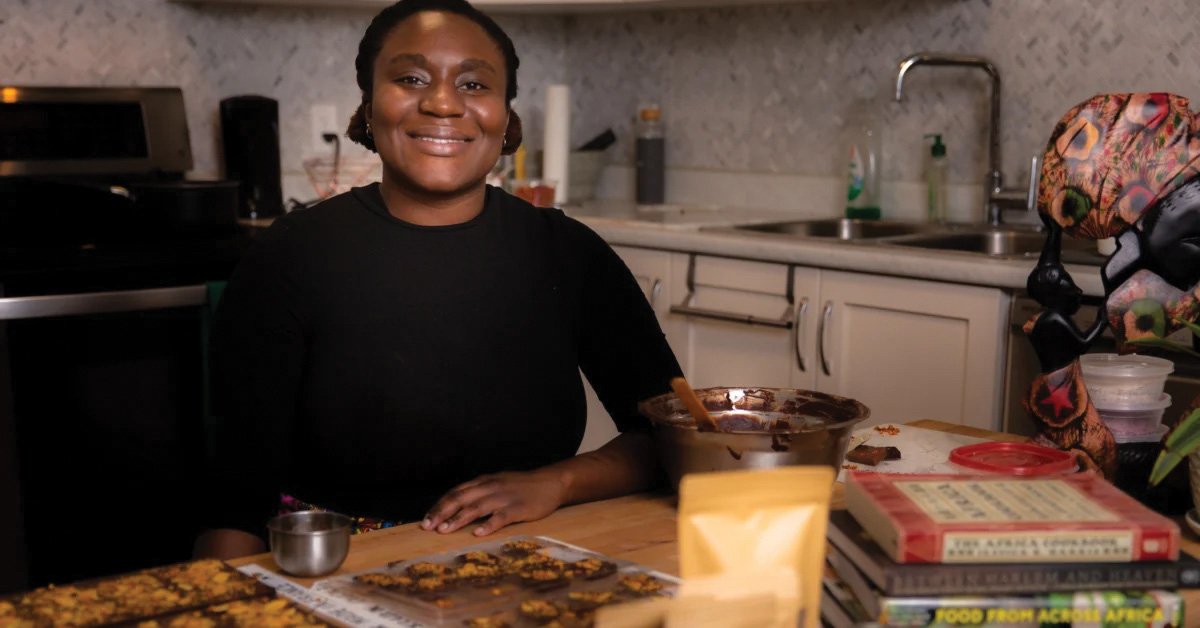New immigrant communities become visible through the opening of restaurants, or other small businesses focused on the needs and interests of their community. These businesses provided important economic opportunities for new arrivals, as well as establishing their place in the community.
High street-based shopping environments offer local communities relatively greater opportunities in opening a business as generally there are lower rents. In contrast, corporate shopping malls are more tightly controlled, with a strong preference for a specific mix of retail functions and familiar branded retailers to minimize risk as perceived by investors.
A predominance of generic chain stores does not necessarily mean that particular immigrant communities are not catered for by them. However, many commentators have been critical of the impacts of corporate mall dominance on the diversity of small business opportunities.
Newcomers in Canada on top of facing a new climate, new language, and new everything, also have to deal with new diets and ingredients. This can create challenges as they try to find and cook foods that connect them back to their roots. This can contribute to declining mental and physical health and increasing food insecurity rates among newcomers.

This is where an initiative out of Toronto called The Abibiman Project, founded by Chef Rachel Adjei steps in. By harnessing the potential of food to create intercultural ties, The Abibiman Project celebrates African cuisine, cultures, and people, all while supporting broader food security efforts in the city.
The Afri-Can Food Basket works towards establishing food sovereignty for Toronto’s Black community, which is particularly affected by the issue of food insecurity. In Canada, Black households are 3.56 times more likely to be food insecure than white households.
Afric-Can has created programs for marginalized communities to exercise self-empowerment and gain access to healthy organic foods while a the same time using food to develop youths’ life skills. Since 1997, AFB has worked on over 100 Community and Back-Yard Gardens



